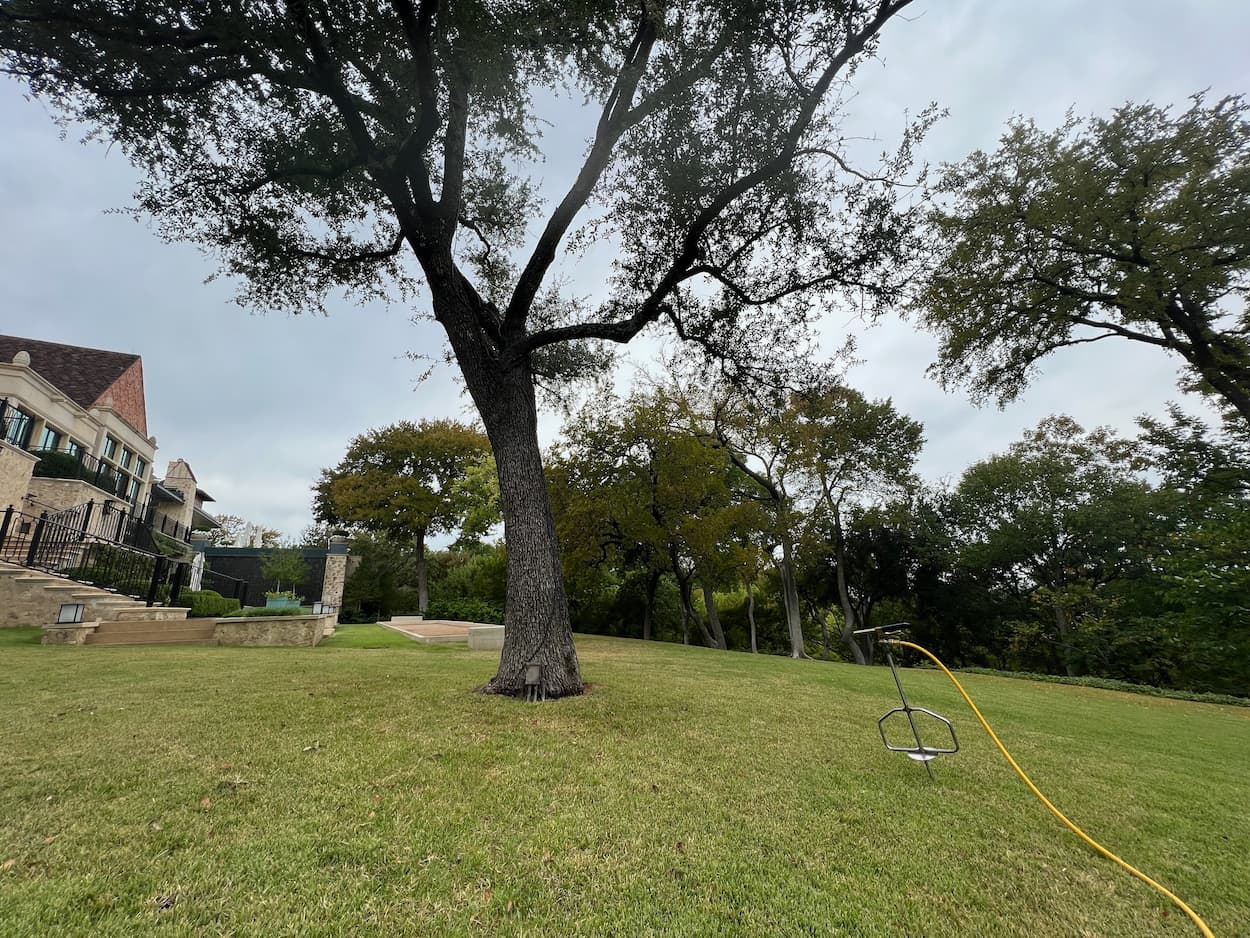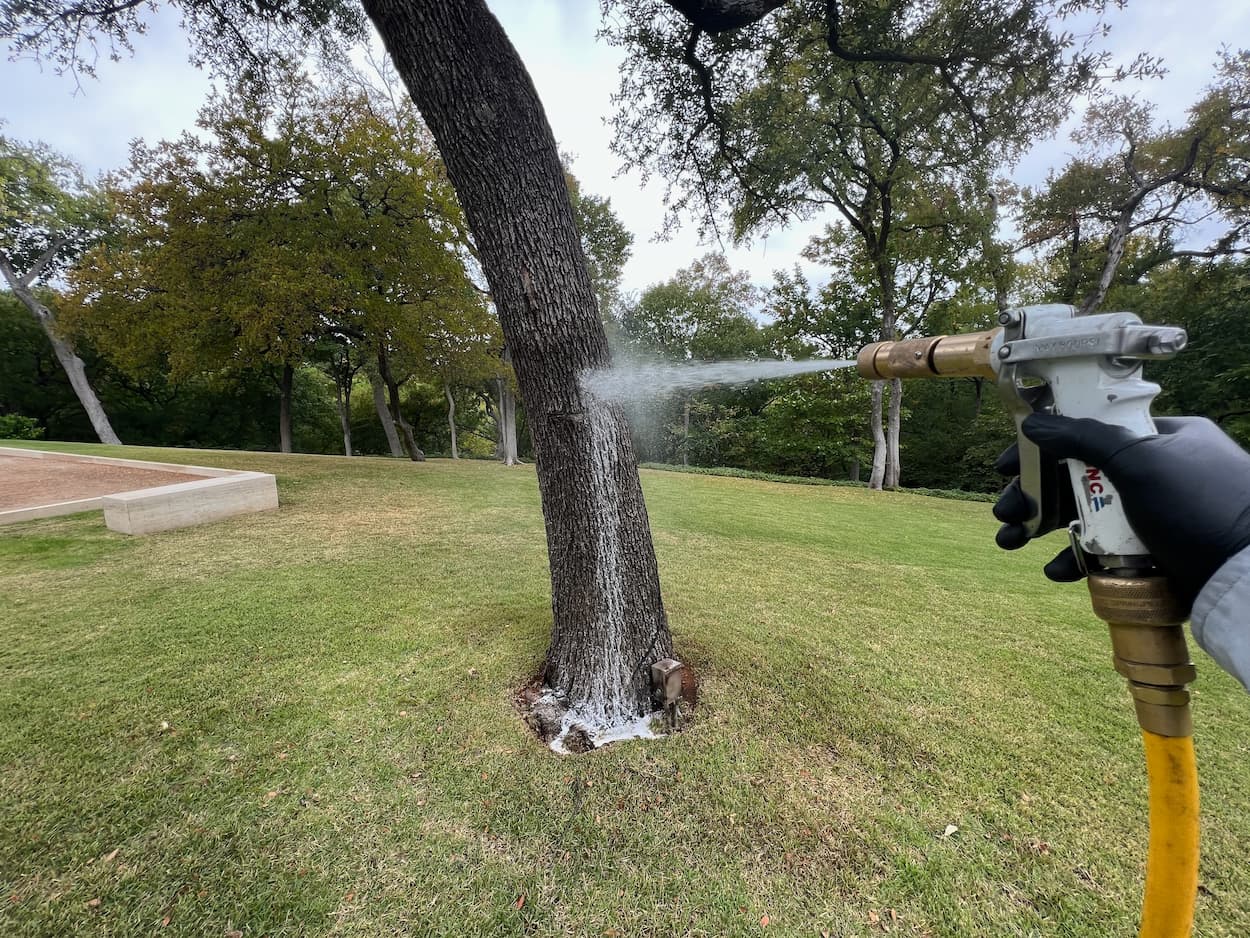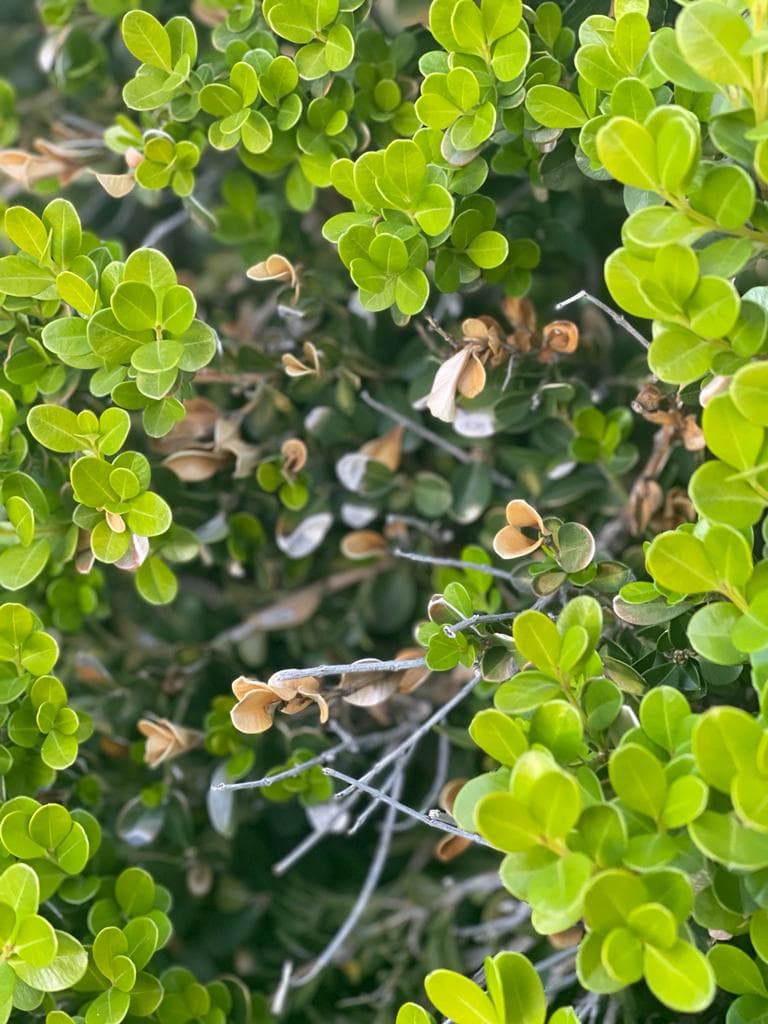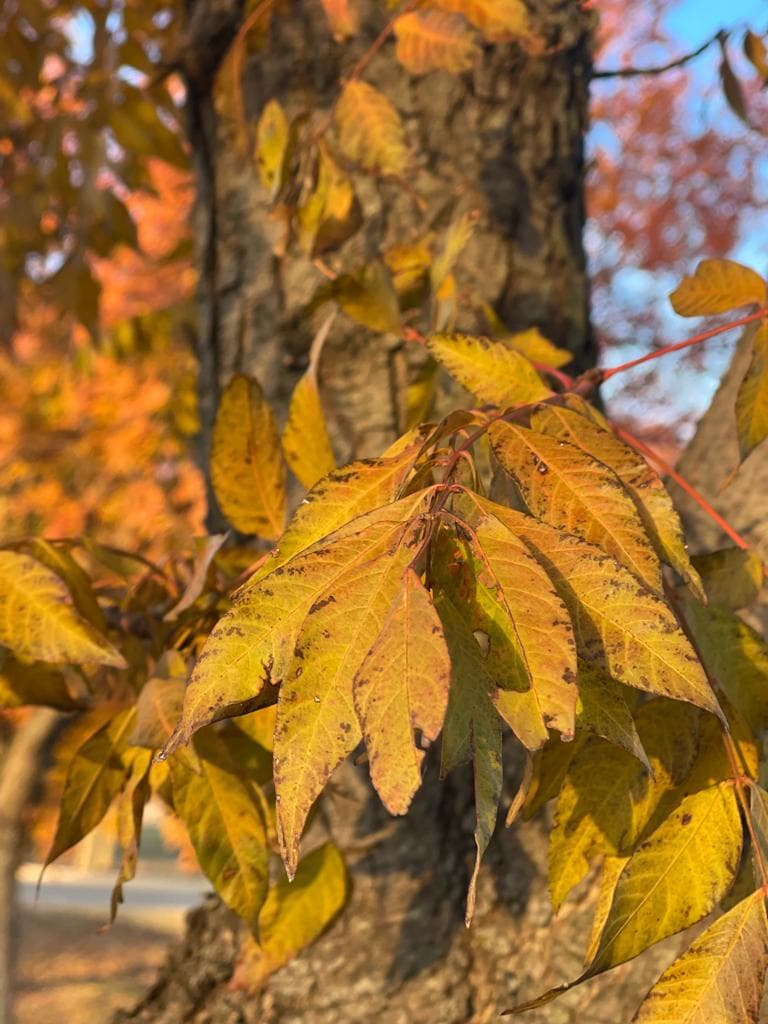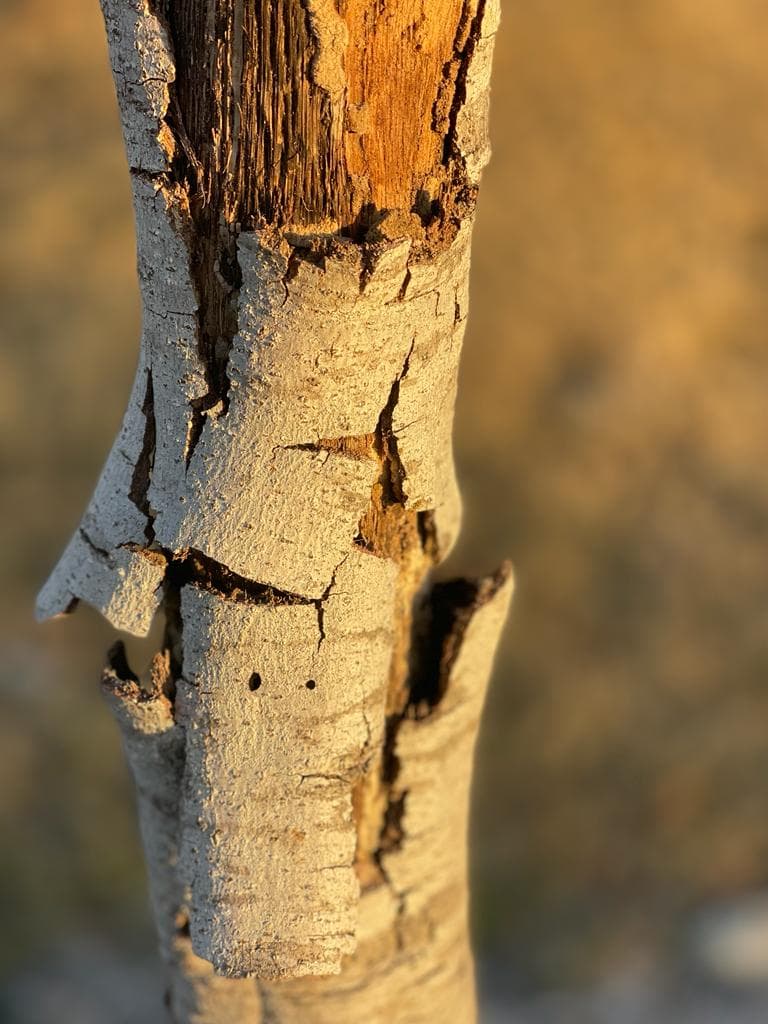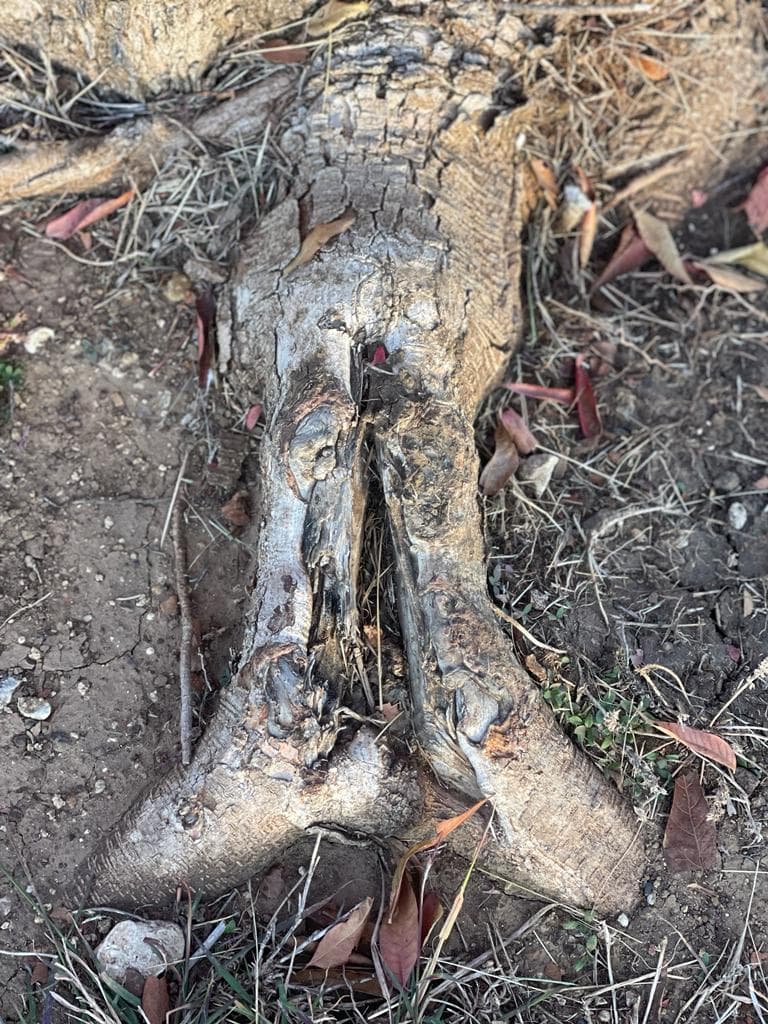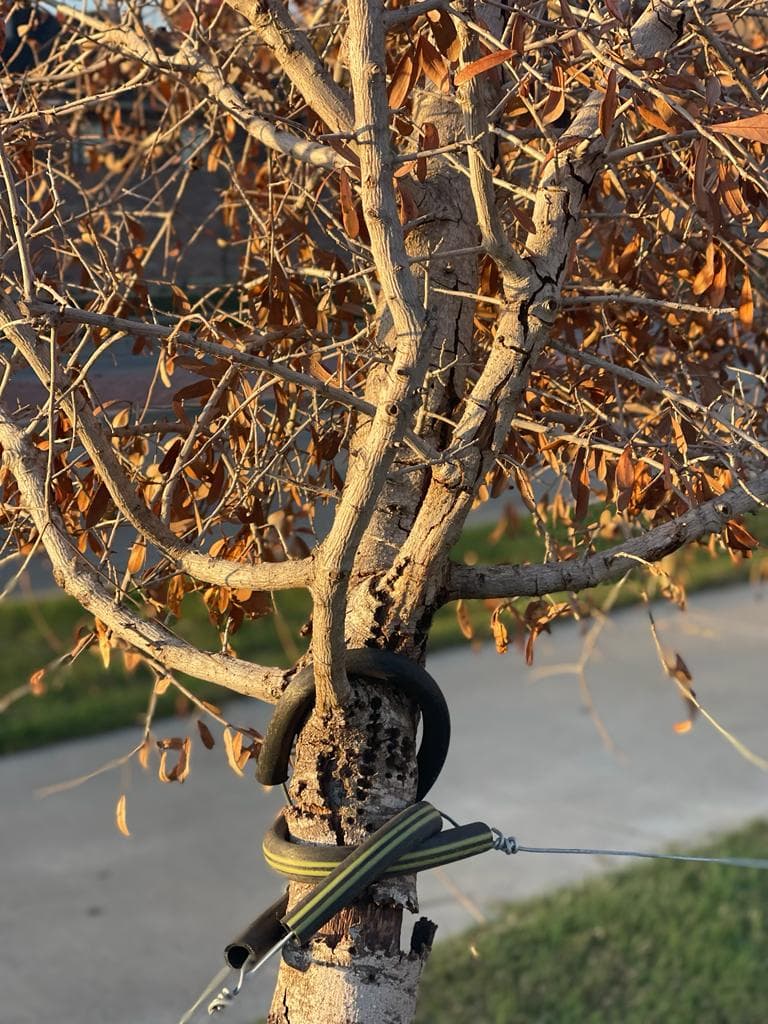Texas Shrubs & Tree Health Care Experts
Caring For Texas Shrubs & Trees Since 1990 Get A Free QuoteCall (817) 880-6130Tree & Shrub Pest Treatment Services in Thorp Spring, TX
Our ISA Certified Arborist Can Help Treat Your Trees and Shrubs From Pests in Thorp Spring, TX.
Arborist USA provides Tree & Shrub Pest Treatment Services in Thorp Spring, Texas, and the surrounding areas.
Thorp Spring, Texas, is a picturesque town renowned for its sprawling landscapes adorned with lush trees and shrubs. Preserving these vital green spaces involves implementing a comprehensive tree and shrub pest treatment strategy that draws inspiration from nature and leans towards sustainable practices. Additionally, Thorp Spring’s integrated and considerate pest management strategies reiterate the critical impact of well-planned and sustainable pest control on the state of our planet’s green landscapes. The ardent effort sheds light on the importance of harmonizing an assertive approach with mindful practices for successful and sustainable pest management.
If you are in need of Tree & Shrub Pest Treatment Services in Thorp Spring, TX, please get in touch with Arborist USA today by calling us at (817) 880-6130, your Tree & Shrub Disease Specialist.
Signs of a Sick Tree or Sick Shrub
- Dead Branches
- Yellowing Leaves
- Fungi or Decay
- Bark Falling Off
- Discolored or Rusted Leaves
- Dying Tree or Shrub
- Leaf Discoloration
- Root or Insect Damage
- Leaves look like they’re being eaten
- Bark is Peeling
- Holes in leaves
- Holes on Bark or Branches
- Stunted Growth
- Canopy Dieback
- Bark Abnormalities
- Wilting
Tree & Shrub Helpful Tips
1. Common Pests:
Trees and shrubs in Thorp Spring frequently fall victim to pests such as beetles, aphids, scale insects, borers, and caterpillars. Initiating effective treatments as soon as these pests are identified can help mitigate the risk of spread and irreversible damage.
2. Quick Identification:
The first in Thorp Spring’s pest treatment strategy is quick detection and identification of pests. Early recognition allows for swift action, preempting large-scale devastation of the diverse flora.3. Organic Pest Control:
Upholding a commitment to environmental preservation, Thorp Spring primarily focuses on organic pest management approaches. Beneficial insects that naturally suppress damaging pest populations are encouraged, minimizing the burden on chemical pesticides.4. Systemic Insecticides:
In extreme cases, however, Thorp Spring responsibly uses systemic insecticides. By monitoring use, systemic insecticides provide an effective protective shield without escalating into an ecological threat.5. Biological Control:
Leveraging natural pest control mechanisms, biological control is a key aspect of Thorp Spring’s pest management strategy. The town fosters habitats for birds and other natural predators, thereby incorporating a sustainable and eco-friendly pest control solution.6. Preventive Measures:
Moreover, Thorp Spring employs preventive maintenance in its pest management strategy. Regular plant health checks, timely pruning, and consistent watering practices heighten the plants’ natural defenses against pest invasions and diseases.7. Treatment Resistance:
A distinguishing feature of Thorp Spring’s pest treatment program is the rotation of control methods. Alternating pest treatments avert pest resistance, ensuring continued effectiveness of each methodology.8. Seeking an Arborist:
Collaborating with certified arborists and pest control professionals is pivotal to Thorp Spring’s pest treatment strategy. Their specialized knowledge aids in deciphering the complex nature of pests and in devising the most efficient counterstrategies.
If you’re concerned or have any further questions about our Tree & Shrub Pest Treatment Services in Thorp Spring, TX, or surrounding areas in North Texas, please call us at (817) 880-6130.
Tree & Shrub Pests
Listed below are common Tree & Shrub Pests found in Texas.
Aphids
A white soft body insect that creates a sticky "honey dew" structure on limbs or leaves, blocking nutrients.
Bagworms
Bagworms lay eggs that create small cone-shaped structures less than three inches in length.
Beetles
An invasive wood borer that is subject in all wood tissue that causes severe decline in trees health.
Gypsy Moth
A larva that boars into leaf structure that cause lesser of a foliation and decline in overall leaf structure.
Oak Gall
A growth deformity known as a "gall" commonly occur on oak trees subject to branches and other structures.
Termites
Termites, wood-destroying insect, eats away at all wood tissue, damaging the structures of the trees.
Twig Girdlers
Being a member of the long-horned beetle family, these girdlers are known to eat leaf and other tree areas.
Webworms
These caterpillars spin white webbing bag nests in tree branches and eat your tree foliage (leaves).
Certifications

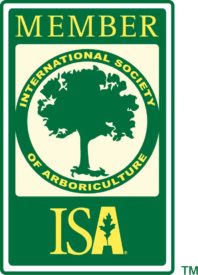

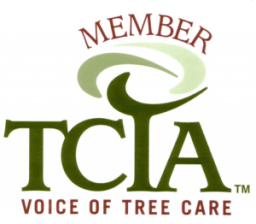
Our Reviews
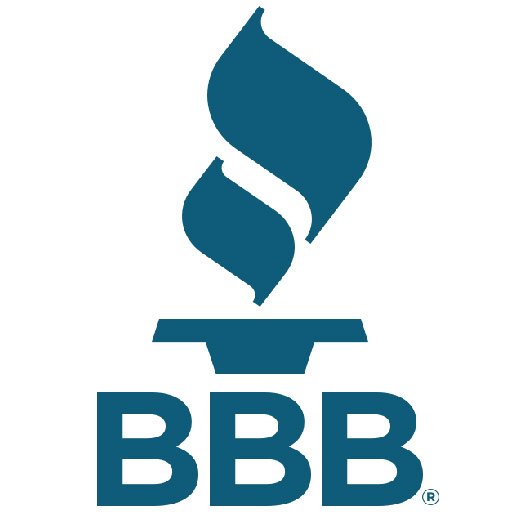
A+ BBB Rating based on 31 BBB Reviews
4.8/5.0 based on 83 Top Rated Local Reviews
4.6/5.0 based on 36 Facebook Reviews
4.0/5.0 based on 4 Trust Pilot Reviews

4.9/5.0 based on 90 Google Reviews
4.5/5.0 based on 13 Yelp Reviews
29 Recommendations on Nextdoor
Total Reviews: 286 ![]() Real Customer Reviews
Real Customer Reviews

